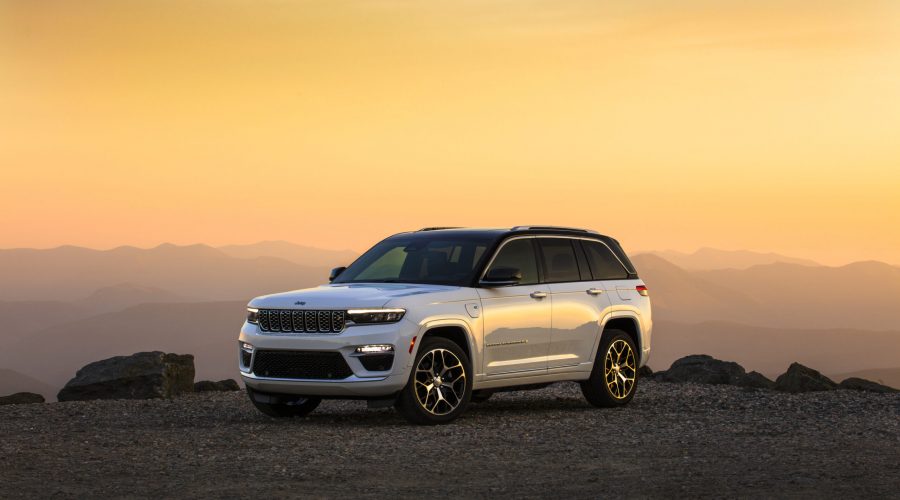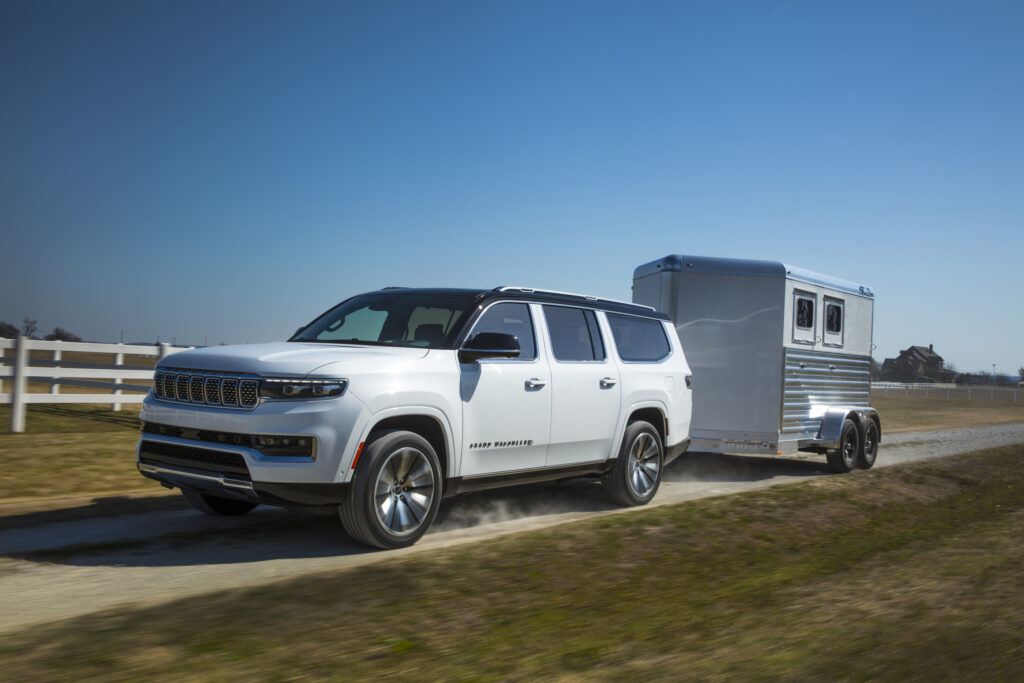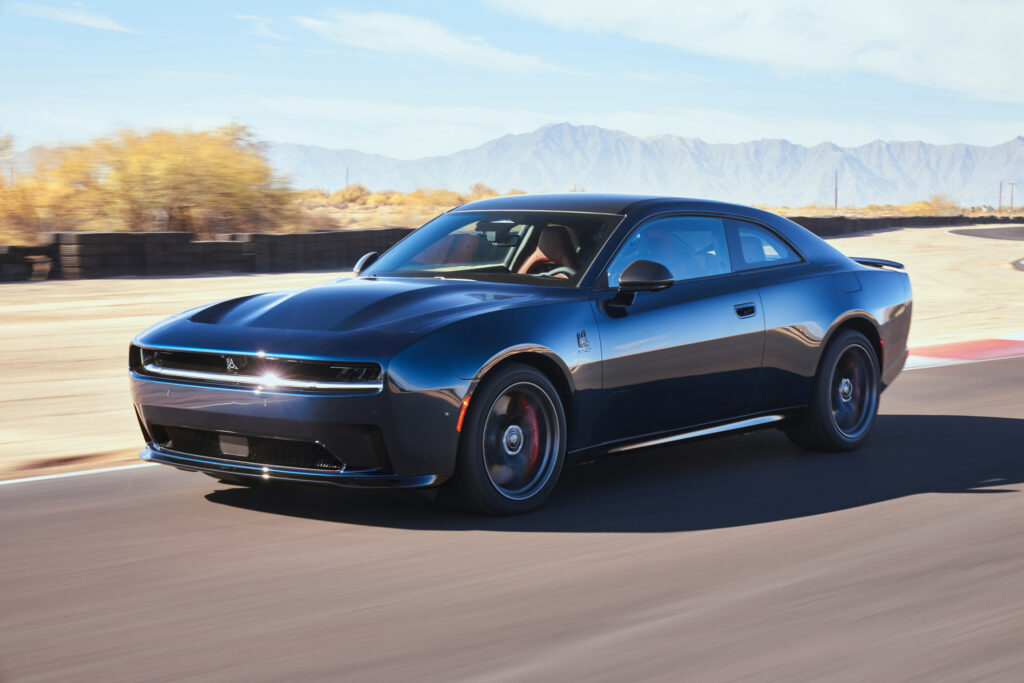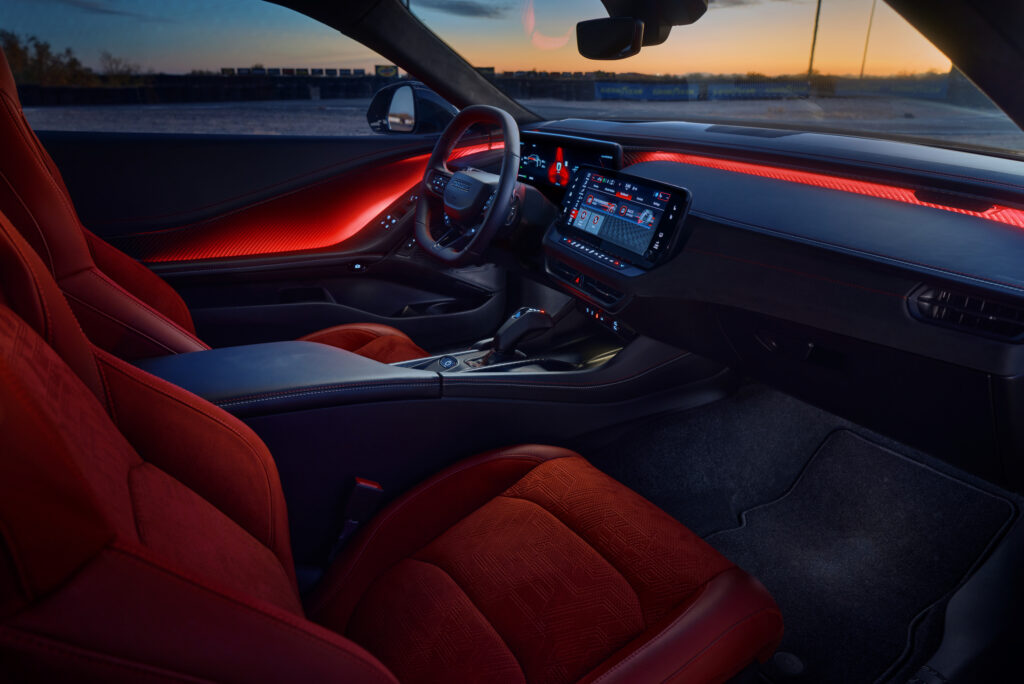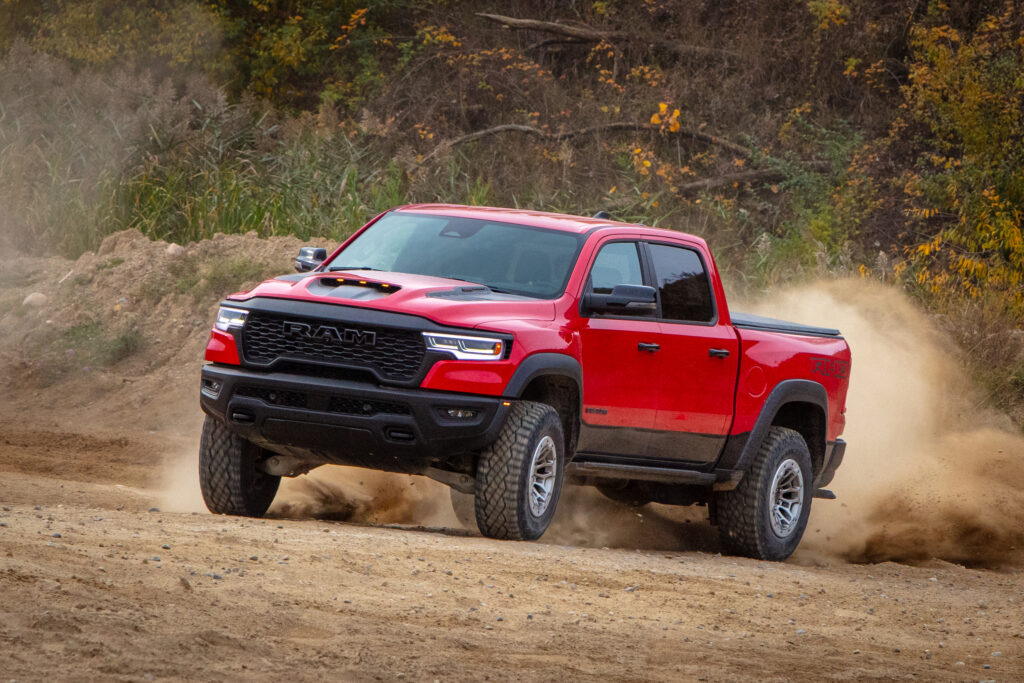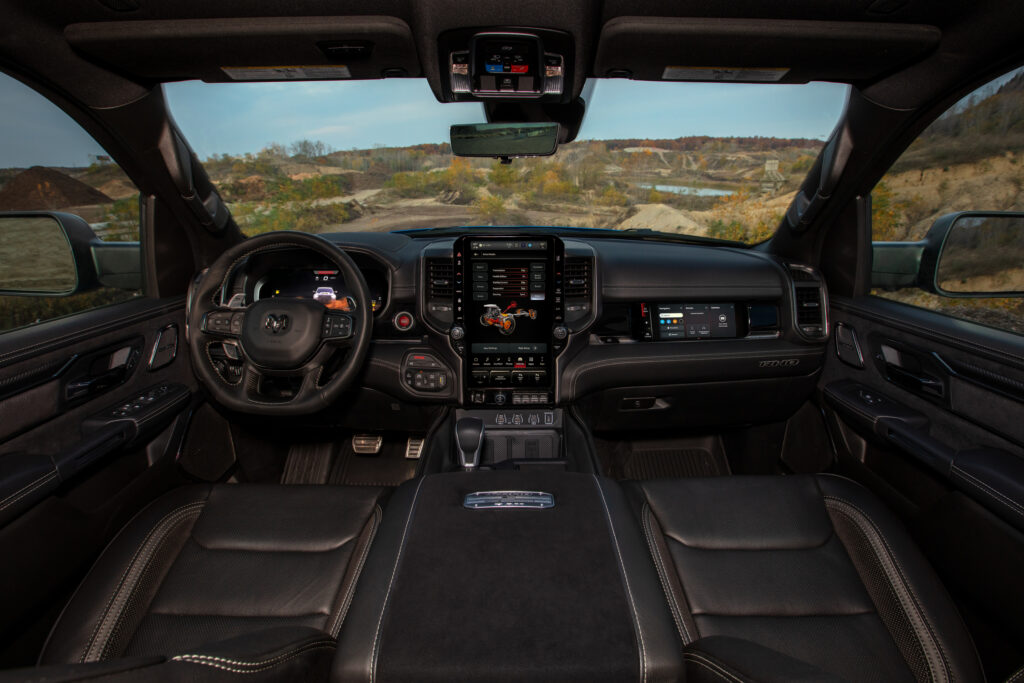Stellantis, the automotive giant behind Jeep, Dodge, and Ram, is embarking on a significant transformation, with Canadian drivers and dealers playing a crucial role.
Following a challenging 2024 marked by declining sales and leadership changes, Stellantis is implementing a strategy that aligns closely with Canadian preferences. This includes introducing hybrid Ram trucks and reintroducing gas-powered muscle cars.
Recent Challenges in the Canadian Market
In 2024, Stellantis faced several obstacles. The company’s market share in Canada decreased to 7%, influenced by reduced demand for electric vehicles and concerns among dealers. The Brampton Assembly Plant, responsible for producing Dodge Challenger and Charger models, experienced temporary shutdowns, raising concerns among Canadian auto workers. Additionally, delays in launching the all-electric Ram 1500 REV left dealers uncertain.
Despite these hurdles, Stellantis remains committed to its Canadian operations, which include over 7,200 employees and facilities in Ontario. The company is focusing on strategies that resonate with Canadian drivers, emphasizing durability, hybrid technology and honouring its brand heritage.
Jeep: Enhancing Off-Road Capabilities
Jeep’s reputation for off-road excellence is well-regarded in Canada, where diverse terrains demand reliable vehicles. The anticipated return of the Cherokee as a midsize SUV aims to fill a gap in Jeep’s lineup, appealing to both urban drivers and outdoor enthusiasts. Enhancements are expected in all-wheel-drive systems and features tailored for Canadian winters.
Dodge: Revitalizing Muscle Cars
Dodge is reintroducing the gas-powered Charger, aiming to rekindle Canada’s enthusiasm for muscle cars. The Brampton plant is preparing to produce next-generation models that combine classic design with modern technology. While the electric Charger Daytona SRT remains in development, Stellantis acknowledges the enduring appeal of the Hemi V8 engine among Canadian drivers.
Ram: Introducing Hybrid Trucks
Ram’s strategy to offer hybrid pickups aligns with the practical needs of Canadian consumers. Many truck buyers in provinces like Alberta and Saskatchewan prioritize towing capacity and driving range. A hybrid Ram, potentially assembled in Sterling Heights with components from Ontario suppliers, provides a balance between environmental considerations and performance requirements.
Leadership Focus and Canadian Partnerships
Antonio Filosa, the new Chief Operating Officer for North America, is emphasizing strong relationships with dealers, which is vital in a market as expansive as Canada. Stellantis has introduced incentives to support its network of over 440 Canadian dealers. Sarah Thompson, a dealer in Edmonton, notes, “We’re seeing renewed confidence. Pre-orders for the hybrid Ram are up 30%. It’s a smart move for our climate.”
Additionally, Unifor, Canada’s largest auto union, has secured commitments from Stellantis to maintain jobs at Windsor’s electric vehicle battery plant, a $5-billion joint venture with LG Energy Solution. This project highlights Canada’s significant role in Stellantis’s move toward electrification.
Anticipated Challenges: EV Adoption and Potential Tariffs
While Stellantis is cautious with its electric vehicle strategy in the U.S., Canada’s goal for zero-emission vehicles by 2035 presents a challenge. The delayed release of the Ram 1500 REV could result in lost market share to competitors like Ford’s F-150 Lightning, which has gained popularity in provinces such as Quebec and British Columbia, partly due to federal incentives. To remain competitive, Stellantis must enhance charging infrastructure partnerships, especially along major routes like the Trans-Canada Highway.
Implications for Canadians
For consumers, Stellantis’s approach offers a blend of tradition and innovation. The hybrid Ram appeals to professionals in Winnipeg, the return of the Charger excites car enthusiasts in Halifax, and a modern Cherokee is well-suited for various Canadian landscapes. For workers, investments in facilities like those in Windsor and Brampton provide a sense of stability amid industry changes.
Looking Ahead
The year 2025 is pivotal for Stellantis. The company aims to leverage its Canadian manufacturing capabilities, align with federal environmental policies, and rebuild trust with dealers. With strong competition from other automakers, the challenges are significant. However, Stellantis’s combination of honouring its heritage and embracing hybrid technology offers a promising path forward in Canada’s diverse market.
David Lemon is a seasoned 15-year leader in the automotive industry with extensive experience in sales and franchise development at OK Tire, Mister Transmission and Enterprise-Rent-a-Car. David leverages his expertise to help businesses seamlessly integrate AI solutions into their growth strategies. Connect with David on LinkedIn.

